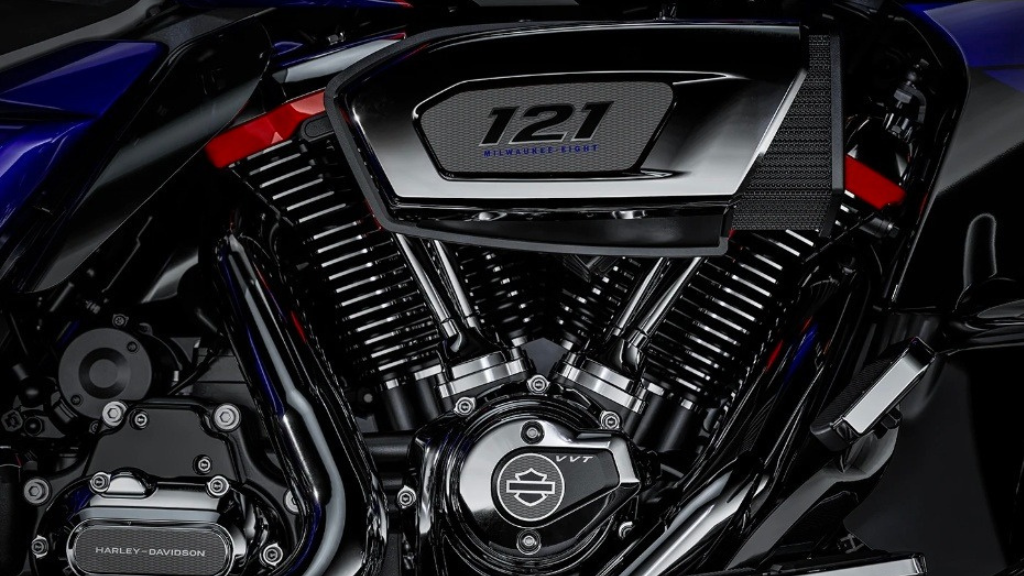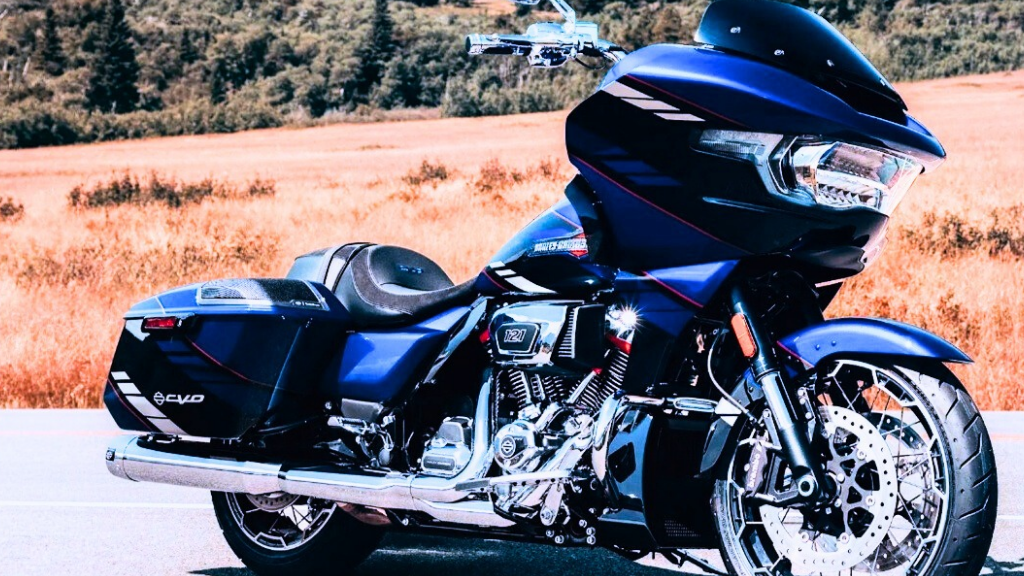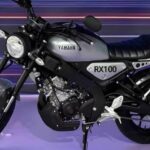Introduction
When riders think of Harley Davidson, the image is usually that of a heavyweight cruiser with a deep exhaust rumble and dominant road presence. harley davidson sprint 350 Yet, during the 1960s and 70s, Harley took an unusual turn by entering the lightweight motorcycle market.
One of the standout creations from this experiment was the Harley Davidson Sprint 350. Compact, sporty, and influenced heavily by Italian design, this model broke away from Harley’s traditional formula and carved its own niche.
In this article, we’ll explore the history, features, performance, and legacy of the Sprint 350, a motorcycle that still fascinates vintage collectors and Harley enthusiasts around the world.

History and Background
- The Sprint 350 was a result of Harley Davidson’s partnership with Italian manufacturer Aermacchi.
- Harley purchased a majority share in Aermacchi’s motorcycle division in 1960.
- The aim was to compete against Japanese and European lightweight bikes, which were gaining popularity.
- The Sprint series gave Harley a chance to appeal to younger riders who wanted a smaller and more agile machine.
Design and Styling
Unlike the heavyweight cruisers Harley was famous for, the Sprint 350 carried a European touch in both looks and ride feel.
Key Styling Elements:
- Slim steel frame for lightweight handling.
- Minimalist fuel tank carrying Harley branding.
- Flat handlebars for a sportier seating posture.
- Retro spoked wheels.
- Narrow body, designed for city riding and spirited cornering.
Engine and Performance
The Sprint 350 was powered by a 344cc single-cylinder engine, offering smooth yet punchy performance for its time.
| Feature | Harley Davidson Sprint 350 |
|---|---|
| Engine Capacity | 344cc, single-cylinder, 4-stroke |
| Power | Around 25 HP |
| Top Speed | 85–90 mph (137–145 km/h) |
| Transmission | 5-speed manual |
| Weight | ~150 kg (330 lbs) |
| Cooling | Air-cooled |
| Era | Late 1960s – Early 1970s |
Performance Highlights:
- More agile and lighter compared to traditional Harleys.
- A rev-happy motor with lively mid-range acceleration.
- Competitive in speed, but less dependable than Japanese rivals like the Honda CB350.
Variants of the Sprint 350
Harley Davidson launched two distinct trims for different riding preferences:
- Sprint 350 SS (Street Sport)
- Aimed at city and street riders.
- Stylish and lightweight for daily use.
- Sprint 350 SX (Scrambler/Off-road)
- Equipped with high-mounted exhaust pipes.
- Built for light off-road and trail riding.
Pros and Cons
Advantages:
- Lightweight frame, easy to handle.
- Unique combination of Italian craftsmanship and American brand appeal.
- Considered collectible today.
- Engaging, sporty ride experience.
Drawbacks:
- Spare parts are now difficult to source.
- Didn’t deliver the “classic Harley” sound.
- Less reliable than contemporary Japanese bikes.
Legacy and Collectibility
The Harley Davidson Sprint 350 wasn’t a huge commercial success, but it played an important role in Harley’s expansion strategy. Today, it has become a desirable vintage motorcycle, admired for its rarity and Italian roots.
- Collector’s Value: Well-restored models usually sell for $3,500 – $7,500 USD.
- Legacy: Represents Harley’s experimentation outside its cruiser comfort zone.
- Nostalgia: A favorite among vintage bike enthusiasts and Harley historians.
Comparison with Modern Harleys
| Feature | Harley Davidson Sprint 350 | Modern Harley Models |
|---|---|---|
| Engine | 350cc Single-cylinder | 883cc – 1900cc V-twin |
| Weight | ~150 kg | 250–400 kg |
| Design | Slim, sporty | Large, cruiser-style |
| Best Use | Daily riding, short trips | Long-distance touring |
| Sound | Single-cylinder sporty tone | Deep Harley “thump” |
Interestingly, Harley has returned to smaller-capacity motorcycles with models like the Harley Davidson X350 and X500, repeating the Sprint’s approach of reaching new markets.
Maintenance and Ownership Tips
Owning a vintage Harley Davidson Sprint 350 requires care and dedication.
- Parts Availability: Original spares are rare, but can be sourced from collectors and clubs.
- Restoration: Restoring to original condition increases both performance and value.
- Community Support: Joining Harley vintage groups helps with knowledge and resources.
- Best Practice: Treat it as a collectible; occasional rides are better than daily commuting.
Final verdict
The Harley Davidson Sprint 350 was a bold departure from Harley’s usual identity. With its Italian styling, sporty performance, and compact frame, it provided a fresh alternative for riders in the 1960s and 70s.
Though it didn’t achieve massive success, today it’s remembered as a cult classic — a motorcycle that showcased Harley Davidson’s willingness to innovate and explore new horizons.
FAQs
Q1: When was the Harley Davidson Sprint 350 made?
👉 It was produced mainly in the late 1960s and early 1970s.
Q2: How fast can the Sprint 350 go?
👉 Its top speed was around 85–90 mph (137–145 km/h).
Q3: What is the price of a Sprint 350 today?
👉 Depending on condition, it usually costs $3,500 to $7,500 USD in the vintage market.
Q4: Can the Sprint 350 be used daily?
👉 Not recommended — it’s best kept as a classic collectible due to age and maintenance needs.
Q5: Why is the Sprint 350 unique among Harleys?
👉 It combined Italian Aermacchi design with Harley branding, making it very different from Harley’s traditional cruisers.










